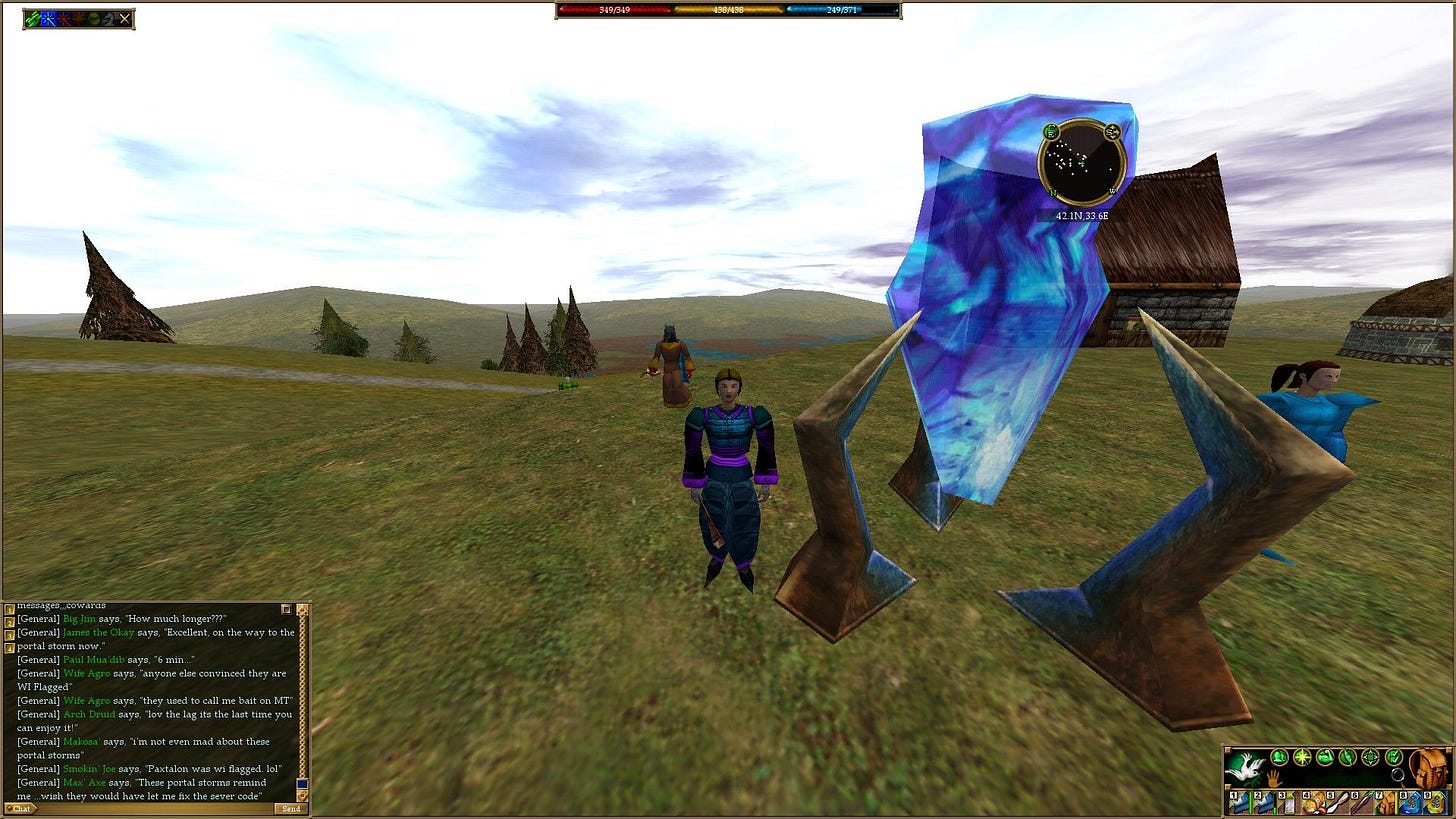Respawn: Reflect, Recharge, and Level Up Your Teaching
Respawn: verb (used without object) (of a character or item in a video game) to reenter an existing game environment at a fixed point after having been defeated or otherwise removed from play: If another player character has already opened the treasure chest, you will have to wait a few minutes for the chest to respawn.
John Dewey once said, “We do not learn from experience... we learn from reflecting on experience.” Reflection is crucial for our growth as educators—because, let’s face it, even Jedi Masters need to pause and meditate sometimes. Returning from Fall break is a perfect opportunity to reflect on our practice, recharge, and set fresh goals for the rest of the semester—think of it as hitting the 'respawn' button to tackle the second half with renewed energy. Regularly reflecting on our experiences and setting meaningful goals to ensure our continued growth and development as teachers.
Finding time for reflection can be tricky—between lesson planning, grading, and other responsibilities, it often falls by the wayside faster than your favorite TV show gets canceled (RIP Firefly). But making time for reflection and goal-setting is one of the most valuable things we can do for our practice—it's like having your own personal 'save game' feature, allowing you to come back stronger and smarter. Reflection helps us understand our needs, informs us of our next steps, and supports our SEL skills like self-awareness and decision-making. It helps us process complex experiences and recognize the impact of our work.
Daily reflection doesn’t have to be complicated—this isn’t quantum physics, folks. Asking yourself questions like, “What went well today?” or “What could have gone better?” can lead to improved well-being and greater satisfaction and even help prevent burnout. It’s a way to pause, level up, and appreciate the difference you make each day—like gaining XP in the grand adventure of teaching.
Reflection Tips for Teachers
Establish a Reflection Routine. Dedicate a specific time for reflection. It could be in the morning, during a lunch break, or at the end of the day—whatever works for you. Consistency is key—like sticking to your D&D campaign schedule. This time should be non-negotiable.
Use Journaling and Reflection Tools. Write down your thoughts and observations each day. Whether in a notebook, a Google Doc, or even a stack of note cards, capturing your reflections helps make them actionable—think of it as a quest log for your teaching journey. Use digital tools like Evernote, Notion, or the Notes app on your phone.
Avoid Isolation. Reflection should also involve connection. Make time to talk to colleagues, share ideas, or grab a coffee together. This helps prevent feelings of isolation and keeps us learning and growing as a community.
Reflection is a powerful way to grow as a teacher and stay motivated—like Gandalf, but with fewer orcs and more students. By reflecting, we can better appreciate our progress and impact on our students.


